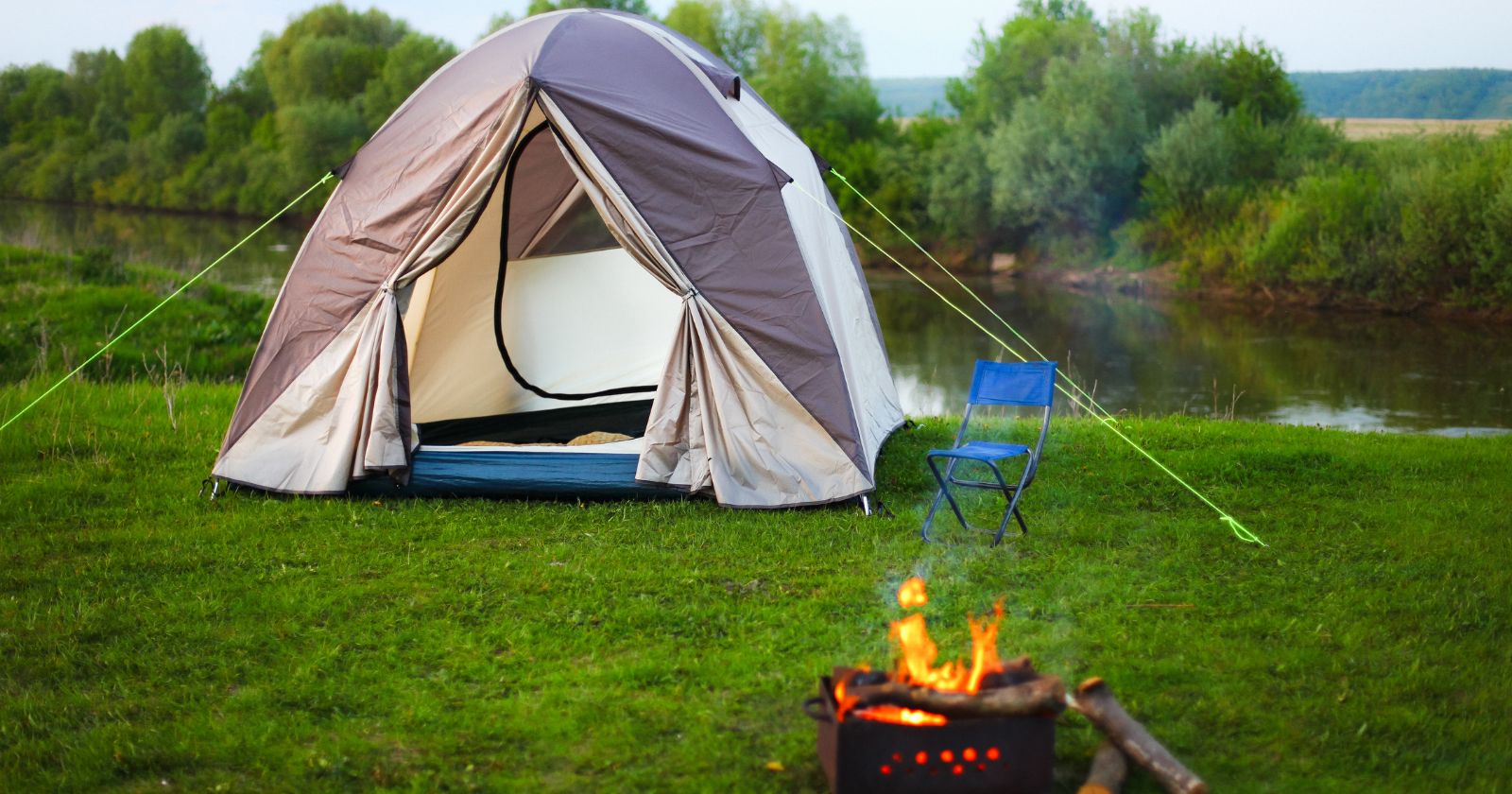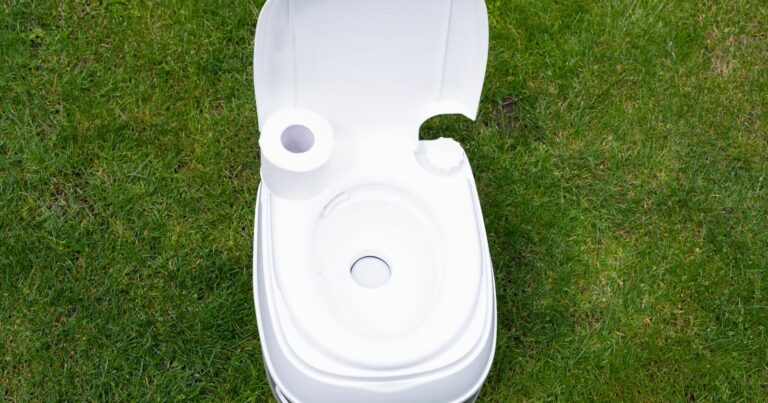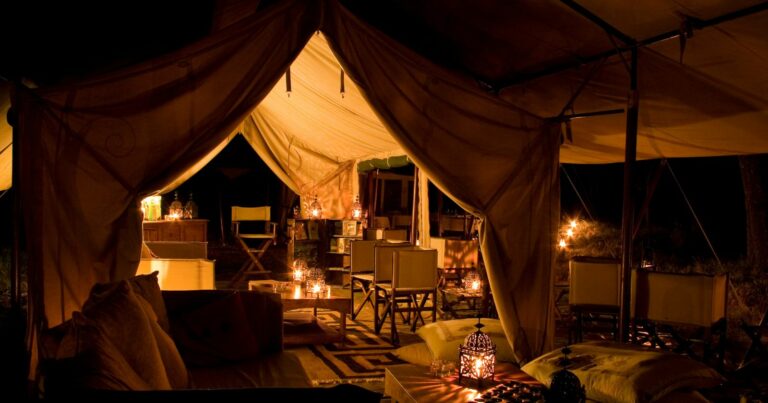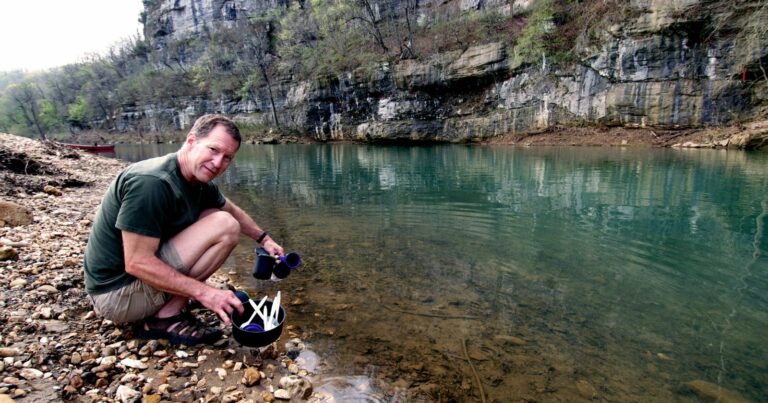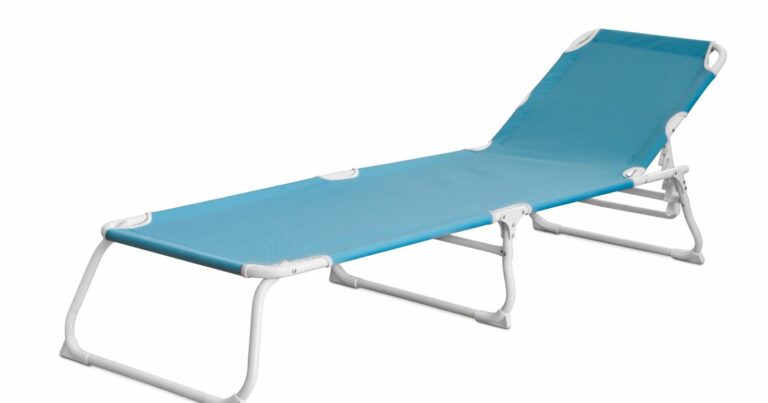What Are Some of the Do’s and Don’ts in Camping? The Complete Guide for First-Time Campers
The fresh mountain air, the crackling campfire, the starry night sky – camping brings us back to simpler times. As you gear up for your next camping adventure, you dream of connecting with nature and making lasting memories with your friends and family. But between picking a campsite, buying gear, and planning activities, it’s easy to get overwhelmed.
That’s why I’ve put together this guide to help you avoid rookie mistakes and make the most of your camping trip. With these simple dos and don’ts, you’ll be a camping pro in no time. From tips on preparing food to setting up your tent, I’ll walk you through everything you need to know so you can relax and enjoy your time in the great outdoors.
Camping may take you out of your comfort zone, but it doesn’t have to be stressful. With the right mindset and preparation, your next camping trip will be fun and comfortable. So take a deep breath of that fresh air, gather your supplies, and get ready for an epic adventure! In this article, I’ll share my top dos and don’ts so you can make priceless memories camping – not mistakes.
Let’s get started! The first thing you’ll want to do is…
Pick the Right Campground and Campsite
Choosing the right place to camp is one of the most important decisions you’ll make. Here are some tips:
- Do reserve your campsite in advance if possible. Popular campgrounds can book up months ahead of time.
- Don’t just show up and expect to find an open site.
- Do pick a campground that fits your experience level. If it’s your first time, choose a beginner-friendly campground with amenities like restrooms and potable water.
- Don’t start off camping in remote backcountry sites if you’re new to it. Ease into more rugged camping.
- Do read campground reviews to ensure it’s well-maintained and safe.
- Don’t choose a campground with reports of unclean facilities, crime, etc.
Once you’ve picked a campground, take time to find the perfect campsite.
- Do arrive early to get your choice of campsites.
- Don’t wait until after dark when it’s harder to evaluate.
- Do choose a level, dry site with durable ground to put your tent on.
- Don’t pitch your tent in a low-lying area that could flood when it rains.
- Do set up your tent on vegetation like grass rather than dirt or gravel so it’s more comfortable.
Pack Properly for Your Camping Trip
Packing appropriately for your camping adventure is key. You’ll want to be prepared for any weather conditions while also traveling light. Here are some packing tips:
- Do make a checklist of camping gear and supplies to bring so you don’t forget anything.
- Don’t just haphazardly toss stuff in your car last minute.
- Do pack layers of clothing suitable for the forecasted weather – warm layers for cool nights and breathable clothes for hot days.
- Don’t only pack shorts and T-shirts, assuming it will be sweltering even in the mountains or at night.
- Do store your food securely from critters. Use a cooler, plastic bins or bags.
- Don’t keep food or scented items in your tent – it can attract unwelcome bears or other wildlife.
- Do bring along camping chairs, hammocks or folding chairs to give you comfortable seating options.
- Don’t plan to sit on just rocks or logs all weekend long. Your backside will thank you!
Set Up a Safe, Organized Camp
Once you arrive, take time to properly set up camp. Rushing leads to frustration and mistakes.
- Do make your tent on flat, level ground with no rocks or sticks underneath. Clear debris.
- Don’t throw your tent wherever – take time to find an optimal spot.
- Do carefully assemble your tent and securely stake it into the ground. Seal rain flies if it may rain.
- Don’t set up a tent that could blow away in strong winds.
- Do use a portable lantern or string up lights so you can see at night. Have a headlamp handy too.
- Don’t try to cook or move around the dark campsite. Trip hazards abound.
- Do keep your camp neat and tidy. Designate areas for cooking, sleeping, food storage, etc.
- Don’t just randomly toss your gear around your site. You’ll waste time looking for stuff.
Practice Campfire Safety
One of the best parts of camping is gathering around a cozy campfire. But fires must be handled responsibly.
- Do check current fire restrictions and bans before starting any campfires.
- Don’t ignore posted warnings – violating fire bans risks major fines or jail time.
- Do build fires in established fire rings or pits. Never light ground fires.
- Don’t just make a fire anywhere. Contain it properly.
- Do keep fires small which you can control. Stock up on kindling and firewood.
- Don’t let the fire rage out of control. Have water and dirt nearby to douse it if needed.
- Do fully extinguish fires when done or turning in for night. Douse with water and stir ashes.
- Don’t just walk away from smoldering embers. Make absolutely certain it’s OUT.
Stay Safe with Wildlife
The wilderness is home to lots of animals you want to avoid close encounters with. Follow these tips to be safe:
- Do know how to identify dangerous animals in the area like bears or mountain lions. Study their signs.
- Don’t assume all wildlife will avoid you. Be prepared for encounters.
- Do hike or camp in groups if dangerous wildlife is around. Make noise to avoid surprising them.
- Don’t hike alone. Groups intimidate aggressive animals.
- Do keep your distance if you see mountain lions, coyotes, moose or other potentially hazardous wildlife.
- Don’t approach or interact with wild animals. Observe respectfully from afar.
- Do clean up immediately after meals. Secure food attractants.
- Don’t leave food or garbage out that could lure curious bears to your camp.
Practice “Leave No Trace” Ethics
To protect natural areas for the future, abide by Leave No Trace principles:
- Do pack out all trash – leave nothing behind, even food scraps or orange peels.
- Don’t bury garbage or leave litter. Carry ALL waste with you when leaving.
- Do stick to established trails to avoid trampling sensitive vegetation.
- Don’t create new trails which leads to erosion.
- Do leave plants, rocks, artifacts and other natural objects undisturbed.
- Don’t pick wildflowers or hack at trees. Let nature be.
- Do keep campfires small. Burn only fallen wood no thicker than your wrist.
- Don’t break branches off trees or strip bark. Leave the forest intact.
The wilderness is a gift to enjoy. Following Leave No Trace ethics preserves it for future generations.
Be Prepared for Any Situation
Despite best efforts, things can still go wrong camping. Here are tips to avoid or handle mishaps:
- Do tell others your camping plans and when to expect your return in case of emergency.
- Don’t head into remote areas without informing someone.
- Do pack a well-stocked first aid kit. Know basic wilderness first aid.
- Don’t be unprepared to manage cuts, sprains or other medical issues.
- Do bring emergency communication devices – cell phone, satellite messenger, or PLB. Know if they work in the area.
- Don’t assume your phone has reception. Have back-up options to call for help.
- Do check the weather forecast and prepare for any storms or temperature drops.
- Don’t get caught off-guard by a downpour, flash flood, or cold front.
Being ready for the unexpected will give you peace of mind to better enjoy your adventure.
Conclusion
Camping can create lifelong memories, but only if done safely and responsibly. Use this complete guide to camping dos and don’ts to avoid beginner mistakes on your next nature excursion. Follow my tips to choose an ideal campground, pack smart, set up a secure camp, practice fire safety, respect wildlife, leave no trace, and prepare for emergencies. With these fundamentals, you’ll be ready to camp like a pro!
Let me know if you have any other camping questions. I’m always happy to share more camping tips and tricks with fellow outdoor enthusiasts. Here’s to many more successful and fun camping trips!

